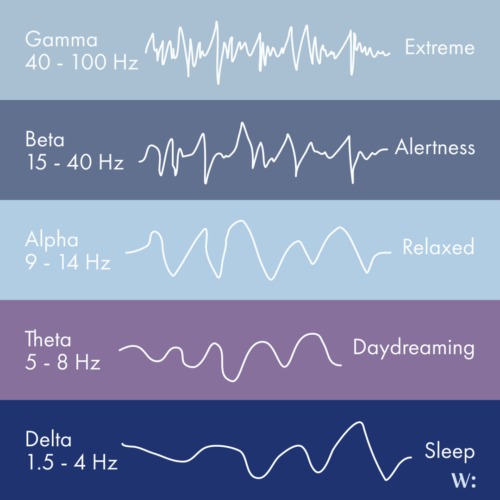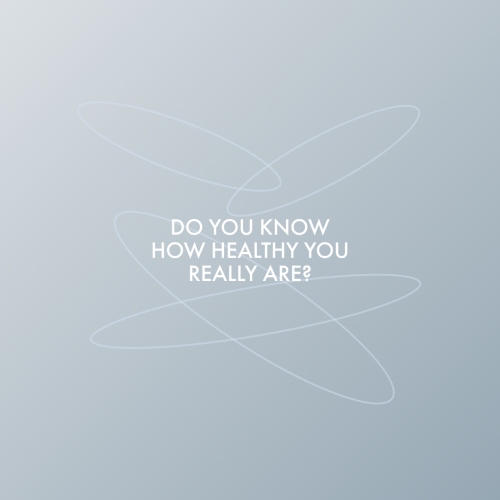From cold fjords to Mediterranean shores… but in your brain
Brain mapping marketing can sometimes go to such lengths as to promise to bring you to the “next level of human existence.” Such claims reek of absurdity, but skepticism aside, what is the truth here? What is brain mapping, and can it really transcend your human experience?

From www.cnsac-medshop.com
Neurofeedback therapy
To understand brain mapping, we first need to understand neurofeedback therapy.
During a neurofeedback therapy session, the person might watch a movie while a qEEG cap device gathers information about the current brain state. When the brain shifts into a high-stress state, for example, the movie will dim and become quieter. When the brain enters a calm state, the movie will become brighter and louder.
Somehow, with the magic of the human brain, it will gradually learn to “self-correct” itself to keep the movie bright and loud, thus keeping you calm.
NF therapy can be used for improving your cognitive abilities (memory, attention) or managing unwanted mental states (anxiety, depression, insomnia, cognitive fatigue, stress, etc.) without the use of medication.
The sessions usually last 30-60 min and are typically repeated a few times over the course of one month.
What is brain mapping?
Imagine neurofeedback therapy as a car that will get you from point A (high stress) to point B (calmness). But to successfully do that, we also need a map. A brain map.
Before the neurofeedback therapy, we need to create your personal brain map (again with a qEEG cap) that will show us your brain’s personal differences and patterns, which will then help the practitioner to tailor neurofeedback therapy specifically for your desired outcome.
In a nutshell, neurofeedback therapy plays the primary role. Still, when guided by a brain map, it can achieve much more precise results for improving your mental well-being and cognitive performance.
But does it actually work?
As with most technologies aimed at cognitive enhancement or mental well-being, people are on both sides of the argument.
Scientists and possibly even brain mapping practitioners are demanding more research before any big claims about the efficacy of brain mapping and neurofeedback therapy can be made.
At the same time, brain mapping therapy seems to work so well for some individuals that it literally changes their lives.
There is no single answer, but our verdict sounds the following way.
Neurofeedback therapy with brain mapping can truly change your life, and often it does, but there are no bulletproof guarantees that it will work for everyone. It can improve your mood, reduce stress, help with focus, and much more, but the effects will certainly vary from person to person.
At the very least, it’s an incredibly fascinating idea and a promising biohacking pursuit:
Creating a GPS navigator for your cognitive performance and mental well-being.
More from the magazine
Selected stories from our Team








